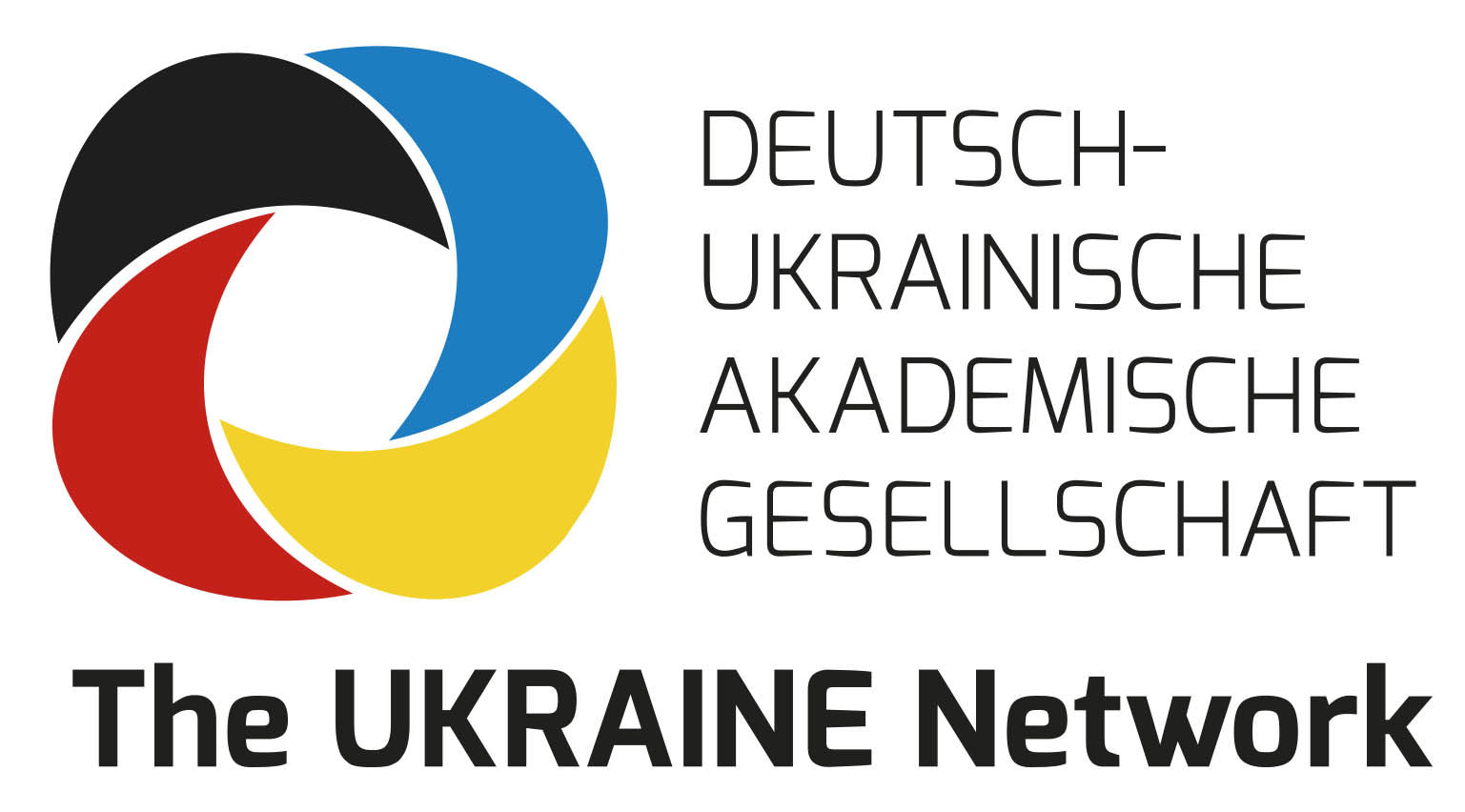#ScienceForUkraine, a grass-root initiative run by an international community of volunteer scholars and students since the beginning of Russia’s war in Ukraine, presented the report of its activities in a recent publication :
- Michael E. Rose et al. #ScienceForUkraine: an Initiative to Support the Ukrainian Academic Community. “3 Months Since Russia’s Invasion in Ukraine”, February 26 – May 31, 2022, Max Planck Institute for Innovation & Competition Research Paper No. 22-13. Posted: 17 Jun 2022 Last revised: 26 Jun 2022
Abstract
There was an immediate ad-hoc response of the international scientific community to help scholars from universities affected by Russia’s war in Ukraine. Official government-backed funding programmes later allowed the ad-hoc help offers to be sustainable and stable. The #ScienceForUkraine initiative is a grass-root initiative that emerged out of the desire to help; initially created as a central database for the worldwide offers for help. Its 133 active volunteers engaged with policy-makers and funding bodies to improve support to the Ukrainian academic community.
The website scienceforukraine.eu became a central and well-known hub with a general database for help listings but also extensive curated link lists for further help. There were more than 120k visits in the past three months, 12k of which are reportedly from Ukraine. #ScienceForUkraine has many active country groups that flexibly respond to needs in their geographic area. Collecting information, creating posters for border stations, mentoring, consulting on how to organise transfers, and engaging with policy makers are some of the tasks performed by members.
#ScienceForUkraine is active on all major social networks to be in touch with both the Western academic community (primarily Twitter and LinkedIn) and the Ukrainian academic community (mainly Facebook and Telegram); whereas students are reached mostly via Instagram. The initiative fulfils an important function by transmitting information from one sphere to the other. #ScienceForUkraine recorded well over 2,600 support listings (one listing may be directed at several scholars). 15% of these were offered by German institutions (410), followed by French (227) and Polish (183) institutions.
Ukraine, Russo-Ukrainian War, Academic Solidarity, #ScienceForUkraine
